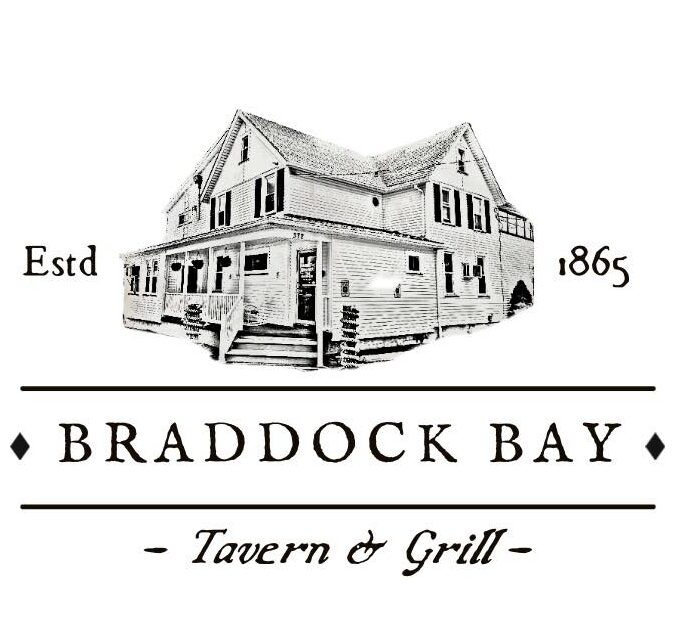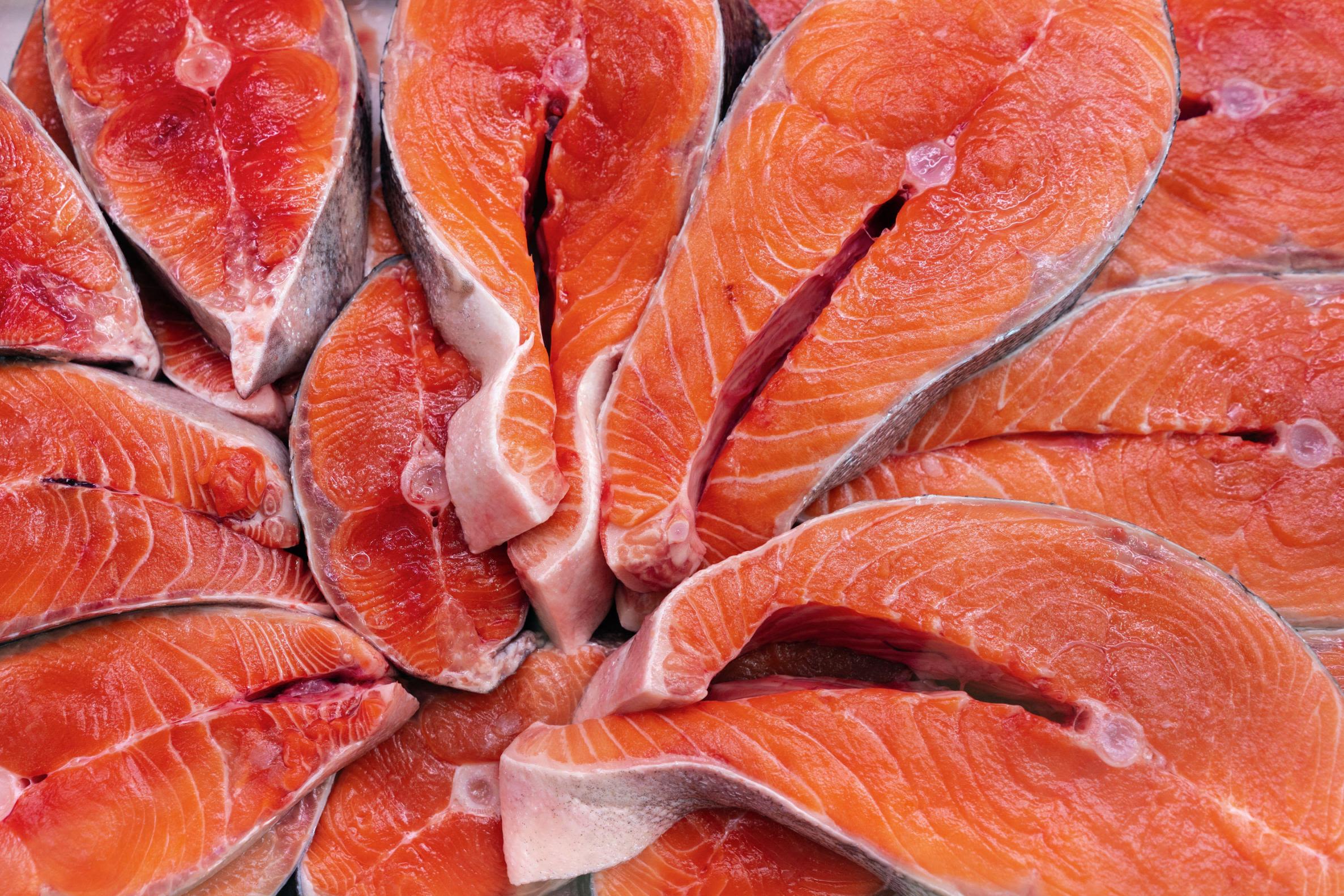Salmon is a popular seafood choice prized for its delicious taste and rich source of protein and omega-3 fatty acids. But what about iron?
This essential mineral plays a crucial role in many bodily functions, and many people wonder, does salmon have iron? In this exploration of salmon’s nutritional profile, we’ll delve into its iron content and how it contributes to a healthy diet.
Salmon: A Nutrient-Packed Powerhouse
Salmon is a superstar when it comes to nutrition. It’s an excellent source of lean protein, essential for building and repairing tissues throughout the body. But that’s not all! Salmon is loaded with other vital nutrients, including:
- Omega-3 fatty acids: These healthy fats play a crucial role in heart health and brain function.
- Vitamin D: Essential for maintaining strong bones and supporting a healthy immune system.
- B vitamins: Contribute to energy production and brain health.
- Iron: An essential mineral for overall health and well-being, as we’ll explore in detail below.
The Importance of Iron in Salmon
Iron is a mineral that plays a critical role in many bodily functions. It’s essential for the production of red blood cells, which transport oxygen throughout the body. Adequate iron intake supports:
- Energy levels
- Cognitive function
- A healthy immune system
Salmon is a good source of iron, containing around 2.2 milligrams per 100-gram serving. While there are other foods with higher iron content, salmon stands out for its combination of iron with other health-promoting nutrients like omega-3 fatty acids and vitamin B12.
Benefits of Including Salmon in Your Diet
Consuming salmon offers a variety of health benefits due to its iron content:
- Prevents anemia: Iron deficiency can lead to anemia, causing fatigue and weakness. Including salmon in your diet helps maintain healthy iron levels and prevent anemia.
- Boosts energy levels: By supporting red blood cell production, salmon can help improve energy levels and combat fatigue.
- Supports overall health and well-being: Iron is vital for various bodily functions. Salmon contributes to a healthy immune system, cognitive function, and overall well-being.
Cooking to Preserve Iron in Salmon
To maximize the iron content you get from salmon, here are some cooking tips:
- Avoid overcooking: Excessive heat can destroy nutrients. Steaming or baking are better options than frying or grilling.
- Embrace acidic marinades: Lemon juice or vinegar in marinades can enhance iron absorption.
- Pair with vitamin C-rich foods: Consume salmon with citrus fruits or leafy greens to further boost iron absorption.
How Much Salmon Should You Eat?
Experts recommend incorporating at least two servings of fish per week into your diet. Salmon is a perfect choice, providing a wealth of essential nutrients. Remember to check for any fish consumption advisories in your area.
Incorporating Salmon into Your Meals
Salmon’s versatility makes it easy to include in various dishes. Here are some ideas:
- Salmon salads
- Salmon stir-fries
- Baked salmon with roasted vegetables
- Salmon burgers
Conclusion
Salmon is a delicious and nutritious fish that boasts a good amount of iron alongside a variety of other essential nutrients. Regularly incorporating salmon into your diet offers numerous health benefits, promoting overall well-being and optimal iron levels. So, fire up the oven, grill, or steamer, and enjoy this nutrient-rich fish!
References:
FAQ About “Does Salmon Have Iron: Uncovering The Nutritional Profile”
Q: Is salmon a good source of iron?
A: Yes, salmon is a good source of iron. One 100 grams of cooked salmon contains approximately 0.4 milligrams of iron.
Q: How does iron benefit the body?
A: Iron is essential for the production of hemoglobin, which helps transport oxygen in the blood. It also plays a role in energy production and immune function.
Q: Are there different types of iron in salmon?
A: Yes, there are two types of iron: heme iron and non-heme iron. Salmon contains heme iron, which is more easily absorbed by the body compared to non-heme iron found in plant-based foods.
Q: How much iron does salmon provide compared to other foods?
A: Salmon provides more iron than some other types of fish. However, red meat and organ meats are generally higher in iron content than salmon.
Q: Can salmon help prevent iron deficiency?
A: Including salmon in a balanced diet can help meet the body’s iron requirements and prevent iron deficiency. It is important to consume a variety of iron-rich foods for optimal health.
Q: Are there any factors that can affect iron absorption from salmon?
A: Yes, certain factors like consuming iron-rich foods with vitamin C-rich foods can enhance iron absorption from salmon. On the other hand, consuming calcium-rich foods or beverages like coffee and tea can inhibit iron absorption.

Welcome to Braddock Bay Tavern & Grill, where history, delicious cuisine, and stunning views come together to create an unforgettable experience. Our restaurant, situated on the picturesque edge of Lake Ontario, has a rich history that adds a unique charm to your dining experience. The roots of our establishment can be traced back to 1865, when it was first constructed as an icehouse. Over the years, it transformed into the historic Braddock Bay Hotel, becoming a beloved local landmark. Today, we take pride in preserving the building’s historical beauty, ensuring that every visit to our restaurant is a journey through time.

